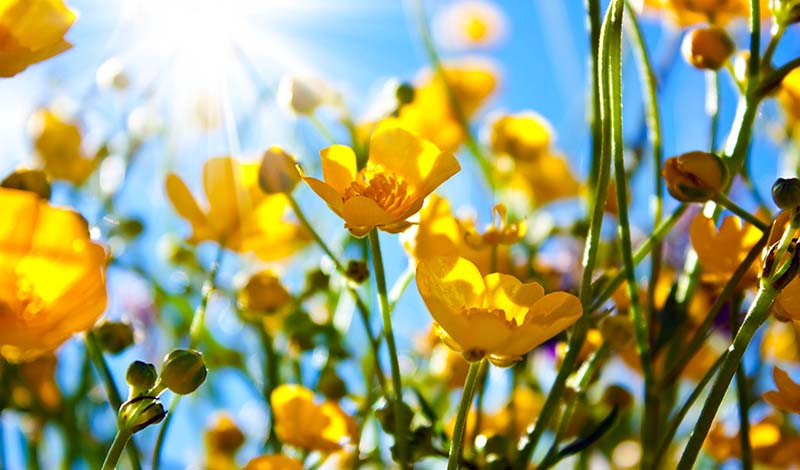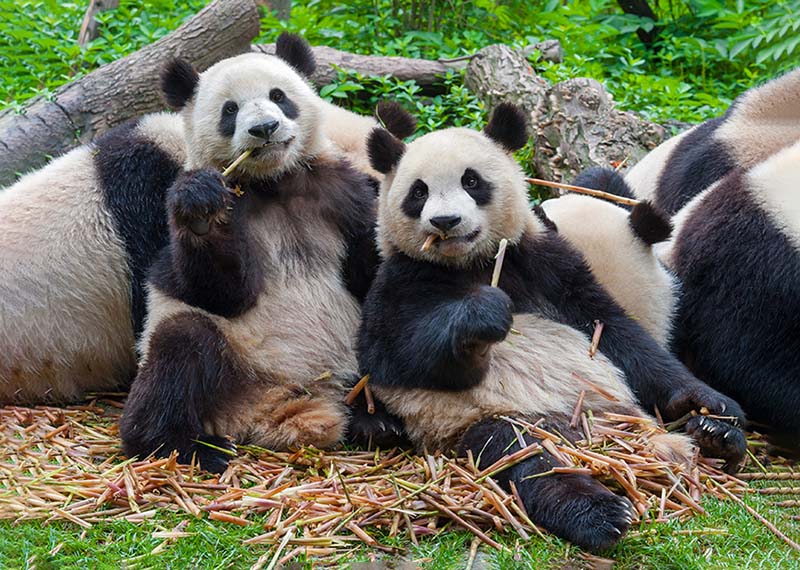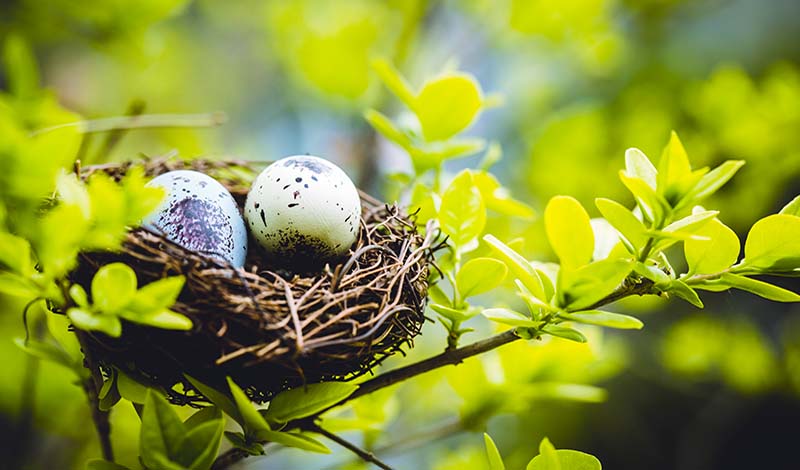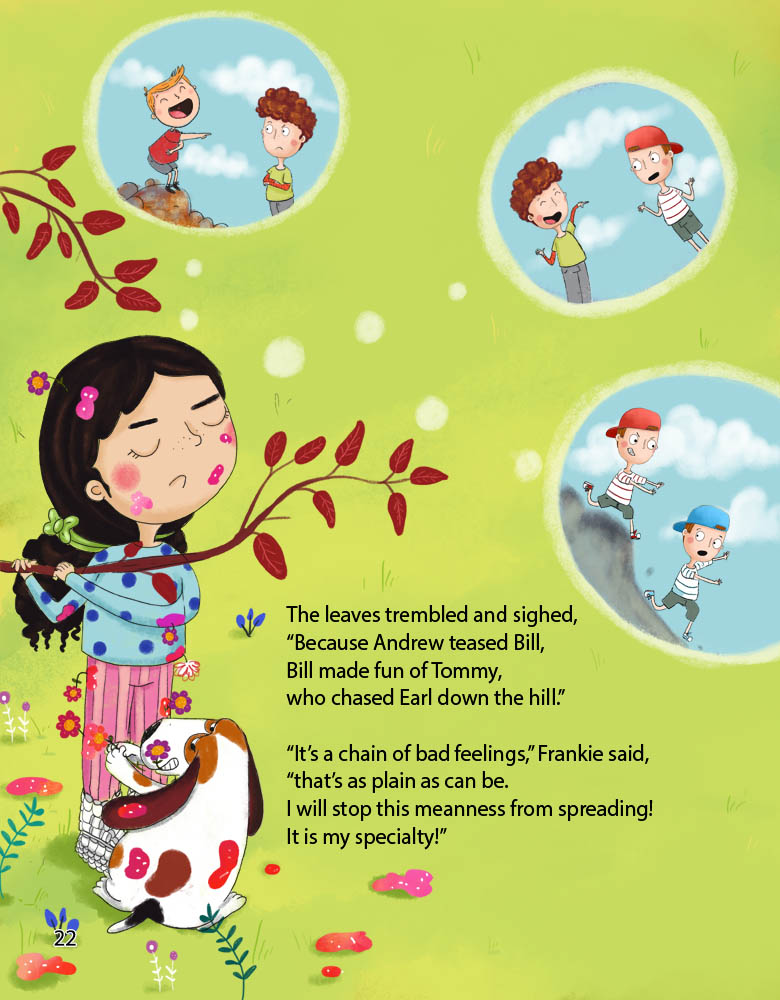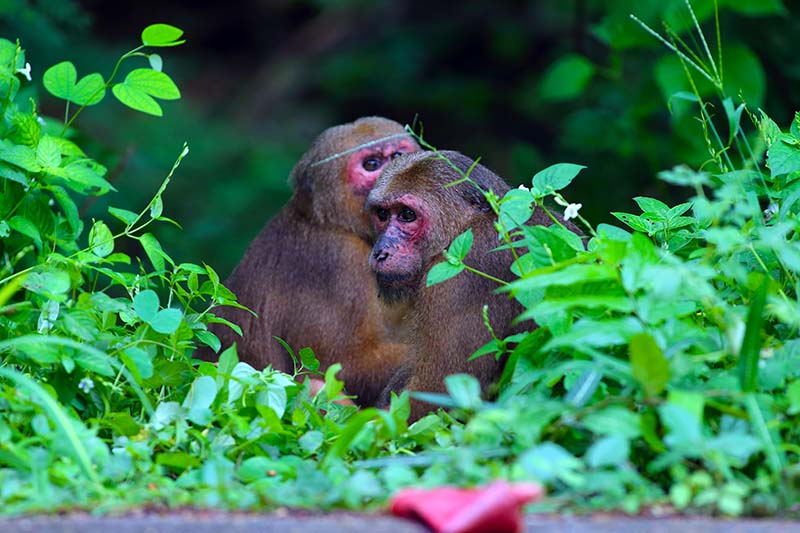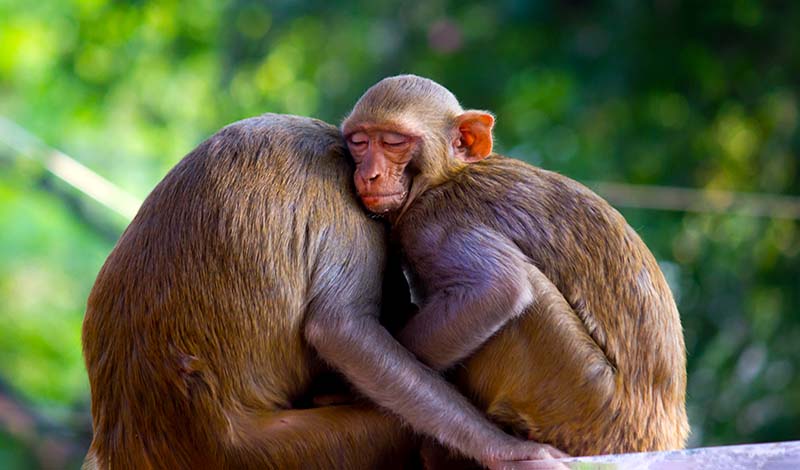
1.5-minute read
Repairing hurt feelings after a quarrel can be tricky business. Striking the right note to lower the temperature is often a delicate and uncertain undertaking—a challenge that also impacts monkey-to-monkey relations.
While young primates acquire conflict resolution skills during infancy and adolescence, some species are better at peace-making than others. According to a landmark Emory University social study of stump-tailed and rhesus macaques, when it comes to tending to the bruised feelings that occur in day-to-day monkey business, compared to their rhesus cousins, stump-tailed macaques have a real talent for post-dust-up diplomacy.
Although stump-tailed macaques aren’t shy about continuously communicating minor grievances, they’re just as eager to restore peaceful relations within their live-and-let-live social groups. In the rigid hierarchy of rhesus society, where few offenses go unpunished, conflicts are more likely to escalate and less likely to be forgiven or forgotten. In this tale of two types of monkeys, Emory researchers set out to determine if rhesus macaques could learn winning reconciliation skills from their stump-tailed relatives; the answer was a resounding yes!
After five months of living with their amiable stump-tailed tutors, the young rhesus macaques developed less hostile, more forgiving behavior, reconciling in three times as many conflicts. The champion grudge holders learned to sort out their squabbles by engaging in pro-social, patch-up gestures like grooming, play wrestling, happy hooting, and lip-smacking—the macaque equivalent of hugging it out.
Not only were the rhesus monkeys able to learn the language of reconciliation, even after they were separated from their cousins, they reduced their overall aggression towards their troop mates and maintained a genuinely friendly attitude. Exposing the young rhesus macaques to positive social experiences provided the animals with an opportunity to learn a more harmonious way of being in their world, and they decided to stick with it. Wise monkeys!
If you’d like to read more inspiring stories of lessons in loving-kindness from the animal kingdom, we highly recommend The Age of Empathy, by Frans de Waal.

